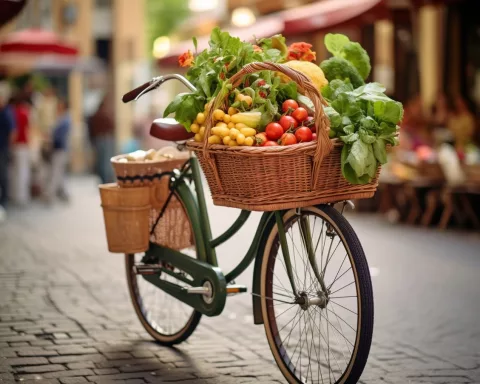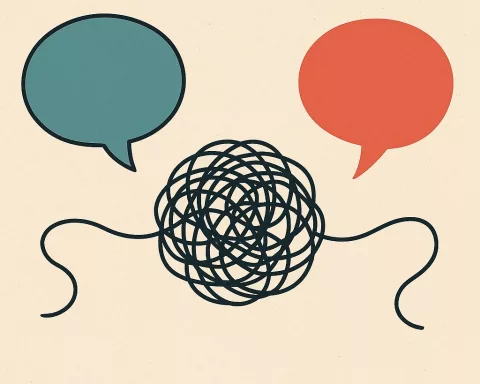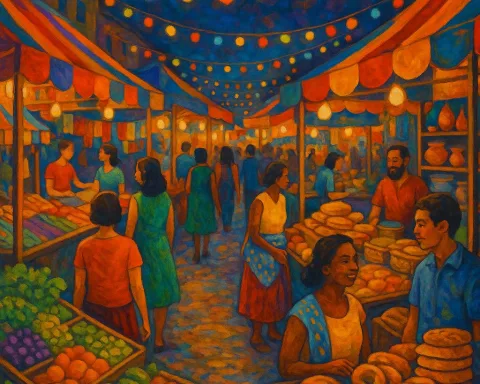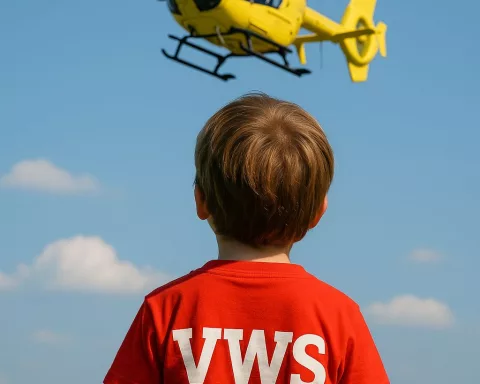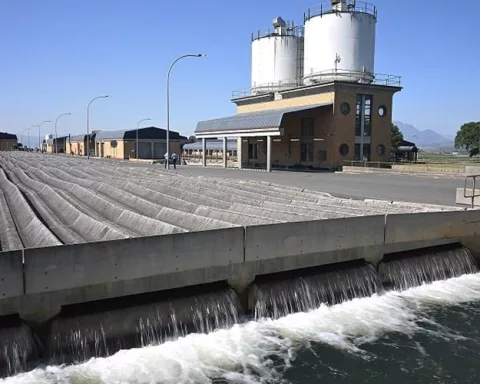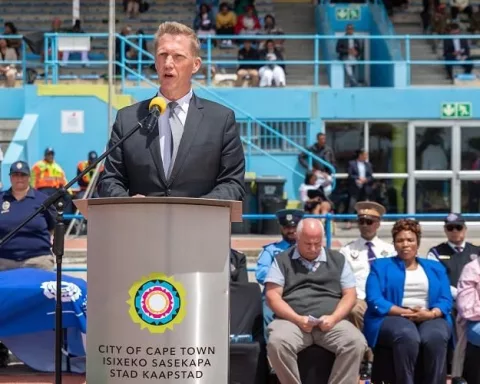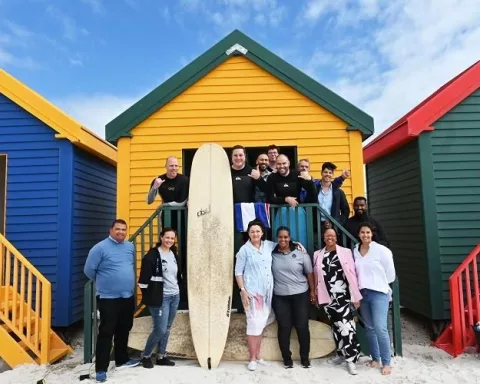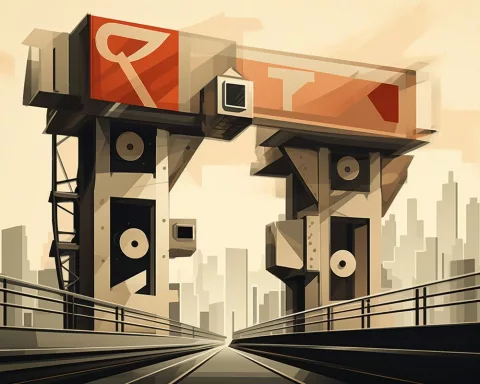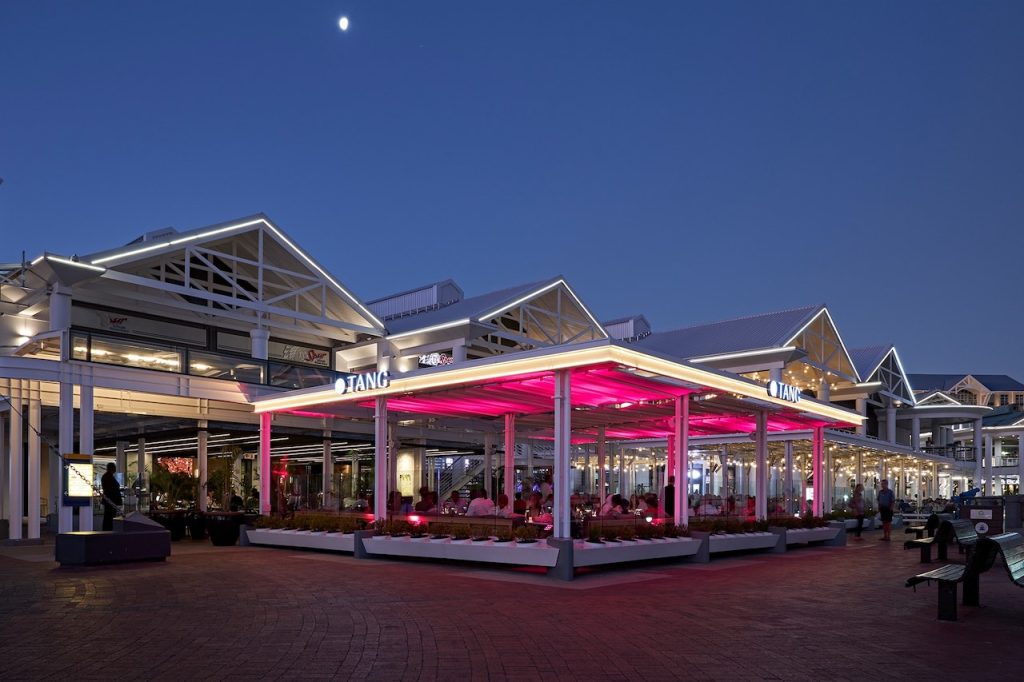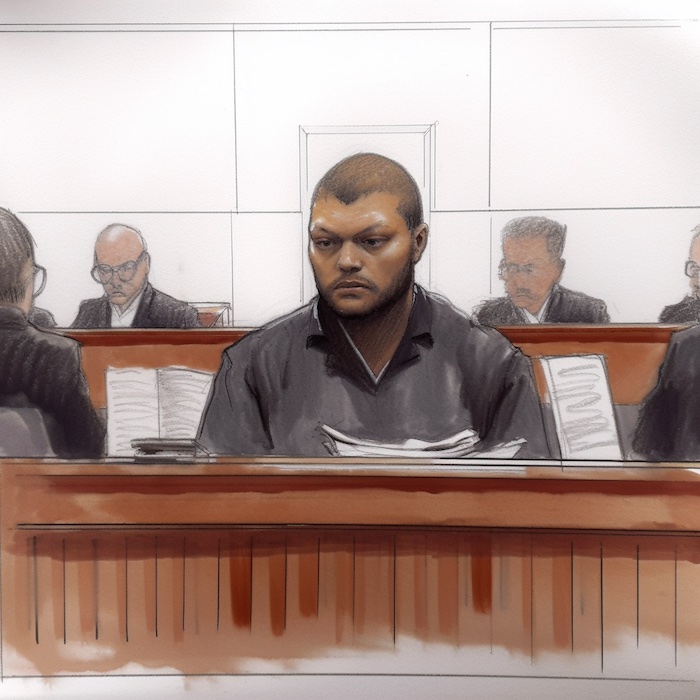Cape Town News
The Water and Sanitation Directorate of Cape Town is conducting essential maintenance work on the water infrastructure in Constantia. The aim is to rectify the water supply interruptions plaguing the communities of Constantia Nek and Rhodes Drive. The city has positioned a water tanker at Constantia Nek Circle, and regular updates are being disseminated to the residents to ensure transparency and effective communication. The city remains committed to resolving the issue swiftly, with a focus on safety and managing expectations, while also encouraging residents to stay updated and prepared.
Cape Town’s Water and Sanitation Directorate has been recognized as the secondbest water services provider in South Africa, securing the prestigious Blue Drop status for the year 2023. The city’s water conservation and demand management performance have also been commended. At the national Blue and No Drop awards event, Cape Town won several awards, including second place for water conservation and demand management performance, and a commendation for the Faure Water Treatment Plant. The city’s dedication to water quality and preservation is an ongoing journey towards surpassing expectations and serving as a luminary example for the world.
Bellville’s Central Business District (CBD) in South Africa is undergoing a transformation with the approval of a Local Spatial Development Framework (LSDF) blueprint. The LSDF will unlock development possibilities, improve urban design, and socioeconomic conditions, incorporating public and private sector investments in infrastructure, housing, and innovation to facilitate job creation and urban renewal. The LSDF represents a significant milestone towards a more vibrant, sustainable, and economically prosperous future for Bellville, with a focus on transforming the local economy by encouraging investment in sectors that generate jobs and foster resilience.
On a brisk December day in 2023, the City of Cape Town witnessed the emergence of a dynamic fleet of enforcement recruits, eager to serve and protect. This group, comprising 35 Traffic Officers and 78 Metro Police Officers, were prepared to pledge their lives towards the safeguarding and service of the city’s inhabitants. Their readiness to serve was the culmination of an intensive training program at the City’s Safety and Security Directorate Training College, a notable milestone in their nascent careers.
The recent recall of Econo Cement in South Africa has sparked a conversation about the importance of strict regulations in the construction industry. The recall was issued after the cement failed to meet the required specifications for safety and integrity. The incident highlights the necessity of adhering to industry standards and the critical role of regulatory bodies in ensuring public safety and economic stability. While the recall may pose temporary challenges, it ultimately serves as a reminder of the vigilance required to maintain quality and safety in the construction sector.
DJ Sbu, a notable figure in South African music and entrepreneurship, is currently embroiled in controversy over his involvement with singer Zahara and her financial struggles. This has sparked discussions about the complexities of the artistlabel relationship in the music industry and the need for transparency and artist support. The incident highlights the challenges confronting artists and industry insiders in the dynamic digital age and the need for meticulous verification in the era of social media. The ramifications of this incident on the music industry’s approach to transparency and artist support remain uncertain.
The Muizenberg Beach huts in Cape Town have been restored to their former glory while adding modern touches. The renovation project was accomplished in a thoughtful manner that preserved the rustic charm of the huts. The project was a success thanks to a community partnership that emphasized the importance of preserving local heritage. The huts now stand ready to welcome tourists while continuing to embody the rich cultural history of Cape Town.
South Africa is making significant progress in science, technology, and innovation, led by President Cyril Ramaphosa’s emphasis on their critical role in shaping the country’s progress. South Africa is ranked 61 out of 132 economies for innovation capabilities, largely due to its comprehensive strategy that focuses on education, research and development, and information technology access. However, the country still needs to make more significant progress in the realm of research and development, with a modest expenditure of 0.6 percent of GDP. South Africa is looking towards bolstering cooperation between governmental bodies and the industrial sector and creating sustainable job opportunities through scientific and technological activities.
The use of QR codes in municipal invoices is revolutionizing the way city dwellers pay their bills, prompting an effortless transition from invoice to payment while ensuring precision, effectiveness, and security. The city is also pushing towards digital invoicing, encouraging ecofriendly operations and paperless transactions. The integration of technology into daily life bolsters service delivery, fortifies the city’s economy and infrastructure, and enhances service facilities, with various online payment options available to residents, including EFTs and payments made through select retailers.
South Africa’s Airports Company (ACSA) is preparing for the busiest time of the year as it braces for an influx of passengers during the holiday season from late October 2023 to March 2024. ACSA’s peak season planning includes a joint effort with multiple stakeholders to ensure a smooth travel experience and mitigate operational risks. OR Tambo International Airport, Cape Town International Airport, and King Shaka International Airport are expected to receive the highest traffic with 85% of all air passenger traffic in South Africa passing through these airports.
The National Sea Rescue Institute (NSRI) has issued a warning about the upcoming spring tide peak, which will increase the strength of rip currents. Rip currents are dangerous and can drag even strong swimmers into deep waters. The NSRI advises people to exercise caution near the shoreline, swim only in areas guarded by lifeguards, and to float on their back and swim parallel to the beach if caught in a rip current. It is important to prioritize safety when enjoying the stunning coastline of Cape Town.
In the world of cutting-edge technology and home entertainment, MHC World has become synonymous with delivering some of the best products on the market. This year, brace yourselves for a cinematic experience like no other as MHC World unveils its sensational lineup of TV deals for the festive season. From sleek smart TVs to immersive displays that redefine home entertainment, get ready to elevate your festive season with the latest in visual technology. Join us as we unwrap the magic and delve into the world of MHC World’s spectacular TV deals that are set to transform your living room into
Cardi B has revealed her single status during an emotional Instagram Live session. The Grammywinning artist expressed her uncertainty about coming forward but chose honesty and addressed rumors about her estranged husband’s infidelity. Cardi B’s resilience and commitment to personal autonomy shine through as she looks forward to a fresh start in 2024.
The eToll system in Gauteng, South Africa, has caused ongoing controversy and financial strain for residents. Despite broken promises to shut down the toll gantries, the Democratic Alliance (DA) remains committed to abolishing the system, proposing alternatives such as controlling truck usage and enforcing speed limits. However, the DA accuses Premier Panyaza Lesufi of using the crisis for political gain ahead of upcoming elections. The eToll issue remains unresolved, leaving citizens to bear the burden of political decisions and economic strain.
Pop icon Britney Spears has been candidly expressing her journey towards selfrealization on social media platforms. In a heartfelt Instagram post on December 10, Spears delved into her experiences as a newly single woman and explored selfreflection, resilience, and personal wellbeing. She acknowledged her tendency towards selfcriticism and vowed to prioritize herself, reinforcing the significance of selfacceptance and selfcare. Through her process of introspection, Spears serves as a guiding light for others embarking on their own journeys towards selfdiscovery.
The demand for action is urgent, as South Africa is the most significant carbon emitter on the African continent. South Africans came together to demand climate justice as part of the Global Day of Action, with around a hundred demonstrators rallying at Muizenberg beach to demand a transition from fossil fuels to renewable energy sources to combat the ecological, social, and economic consequences of fossil fuel exploitation. The demonstrations across South Africa were part of a global initiative aligned with the COP28 summit in Dubai, with a focus on assessing progress in the fight against climate change.

